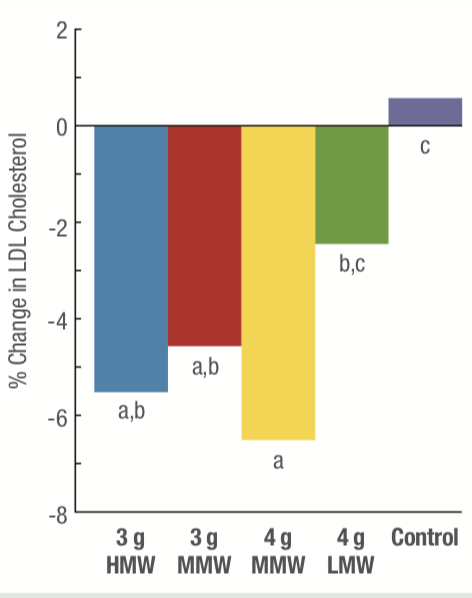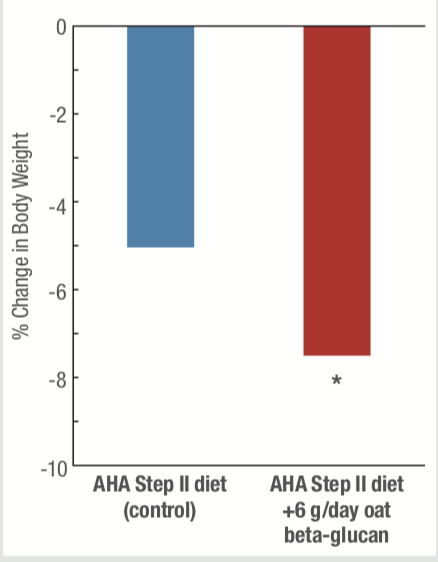a. OB-10: Contains 8-10% β-Glucan; 26% Dietary Fiber; 20% Protein
b. BG-20: Contains 20% β-Glucan; 42% Dietary Fiber; 24% Protein
EFSA and FDA approved health claims on cholesterol and heart health
- Article 13, Beta Glucan Blood Glucose Peak Reduction (4g of Beta Glucan / 30g available carbohydrates)
- Article 13, Oat Grain fiber Gut Health -Increase of fecal Bulk (6% of dietary fiber from oats)
- Article 13, Beta Glucan Maintenance of Normal Blood Cholesterol Levels (1 g Beta Glucan / serving)
- Article 14, Oat Beta Glucan Reduction of Blood Cholesterol and Risk of Development of Coronary Heart Disease (1g of Beta Glucan / serving)

